New Emissions Analytics study suggests pollution from tire wear now 1,850 times worse than exhaust emissions
Green Car Congress
MAY 13, 2022
In early 2020, UK-based independent testing firm Emissions Analytics published a study claiming that tire particulate wear emissions were 1,000 times worse than exhaust emissions ( earlier post ). The next stage is then to take that chemical profile and study the toxicity of each. x 10 11 #/km for gasoline vehicles and 0.1

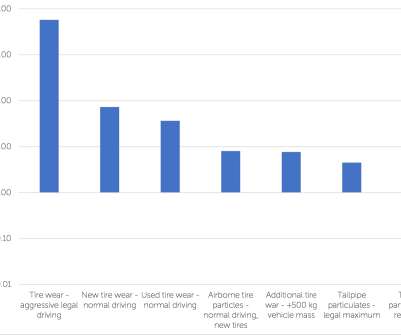




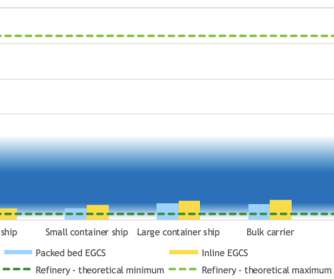



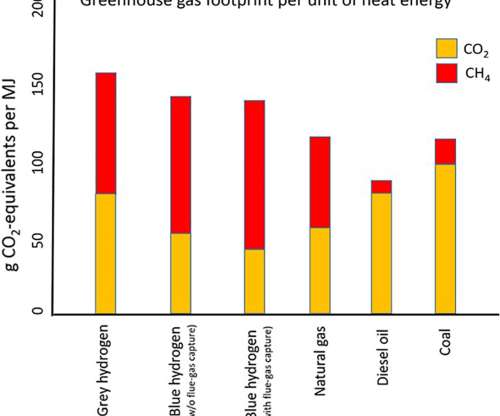


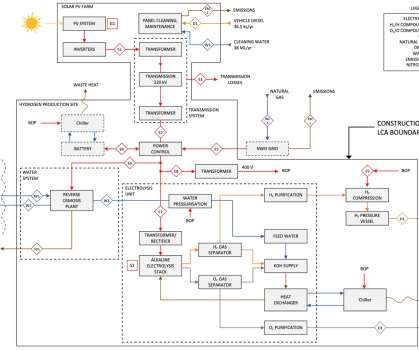





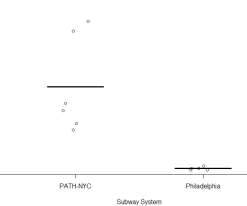
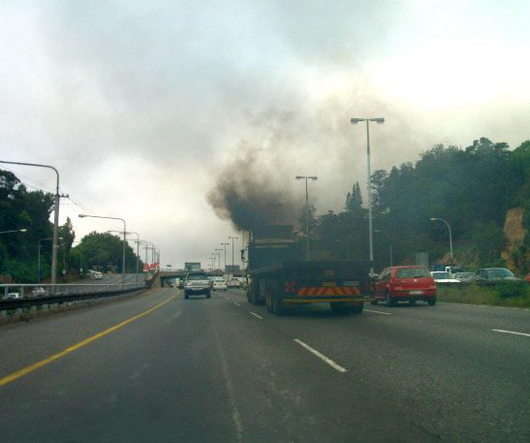

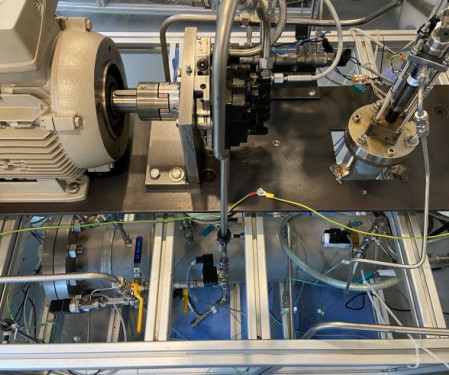










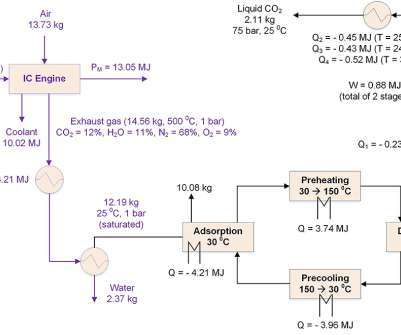






Let's personalize your content